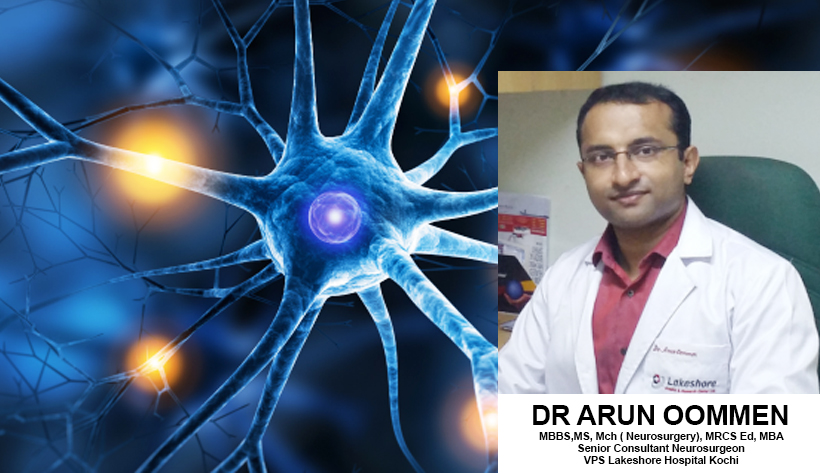02Sep
1
Are brain tumours related to excess cell phone use?
This has been the subject of a great deal of debate in recent years. Cell…
more

Fibromyalgia is a common and disturbing ailment characterised by chronic widespread pain and a heightened and painful response to pressure. It is often associated with fatigue, sleep problems and painful tender points, but it is essentially a physical response to depression or stress.
While it affects a small percentage of the population, about 2-8%, women are more prone to it, with a female-to-male incidence ratio of approximately 9:1.Its exact cause is unknown but it is believed to involve psychological, genetic, neurobiological and environmental factors.
Fibromyalgia is frequently associated with stress-related disorders such as chronic fatigue syndrome, posttraumatic stress disorder, irritable bowel syndrome and depression. There could also be an association between fibromyalgia and physical and sexual abuse in both childhood and adulthood.
There is no universally accepted treatment for fibromyalgia.Sadly , the response to treatment is poor and inconsistent. Some treatment plans that incorporate medication, patient education, aerobic exercise and cognitivebehavioural therapy have been shown to be effective in alleviating pain and other fibromyalgiarelated symptoms. The greatest benefit occurs when cognitive behavioral therapy is used along with exercise.
Exercise improves fitness and sleep and may reduce pain and fatigue in some people with fibromyalgia. Cardiovascular exercise is particularly effective for some and long-term aquaticbased exercise is also beneficial.
In itself, this condition is neither degenerative nor fatal, but the chronic pain is pervasive and persistent. Most fibromyalgia patients report that their symptoms do not improve over time. Hence such patients always switch from one doctor to another is search of proper diagnosis and treatment




This has been the subject of a great deal of debate in recent years. Cell…
more

Neurological pain is considered one of the most distressing and also one of the most…
more

What is Hydrocephalus?Hydrocephalus is commonly referred to as “water on the brain.” The so-called “water”…
more

A spinal tumour is a cancerous (malignant) or non-cancerous (benign) growth that develops within or…
more

Fibromyalgia is a common and disturbing ailment characterised by chronic widespread pain and a heightened…
more

This has been the subject a great deal of debate in recent years. Cellphones give…
more

Sleep is essential as much as you need to breathe and eat. While you’re sleeping,…
more